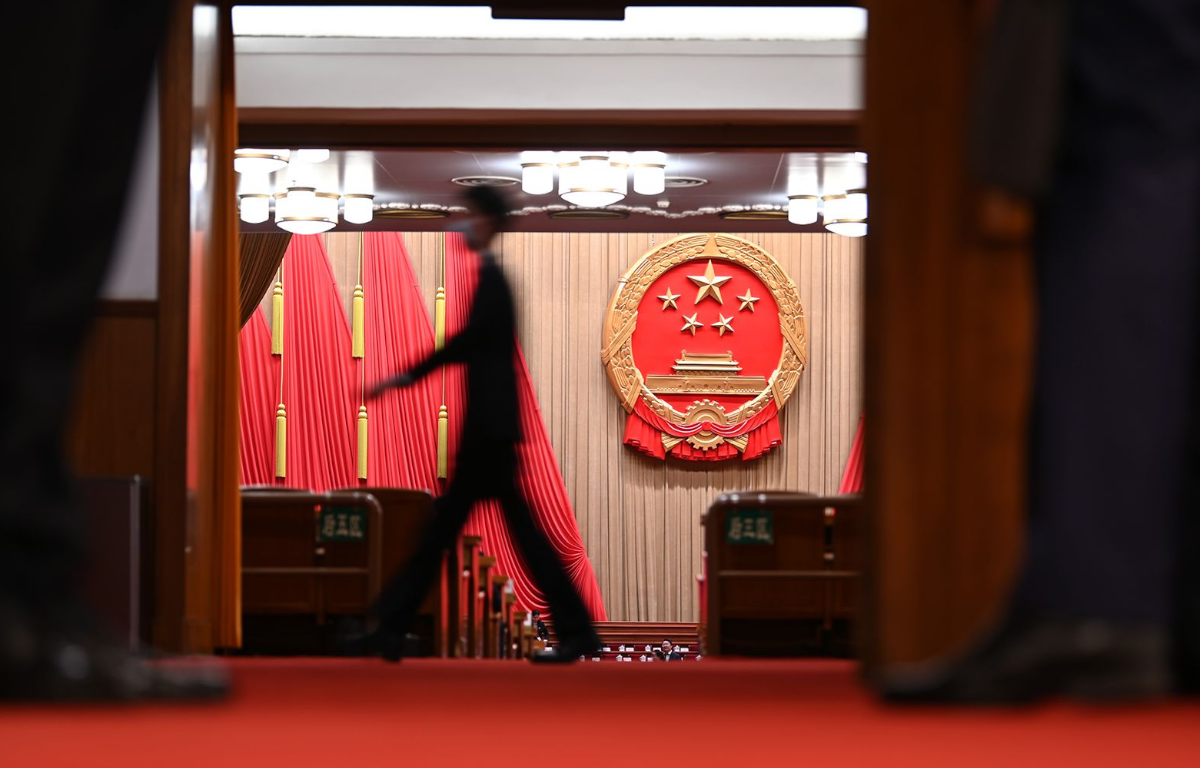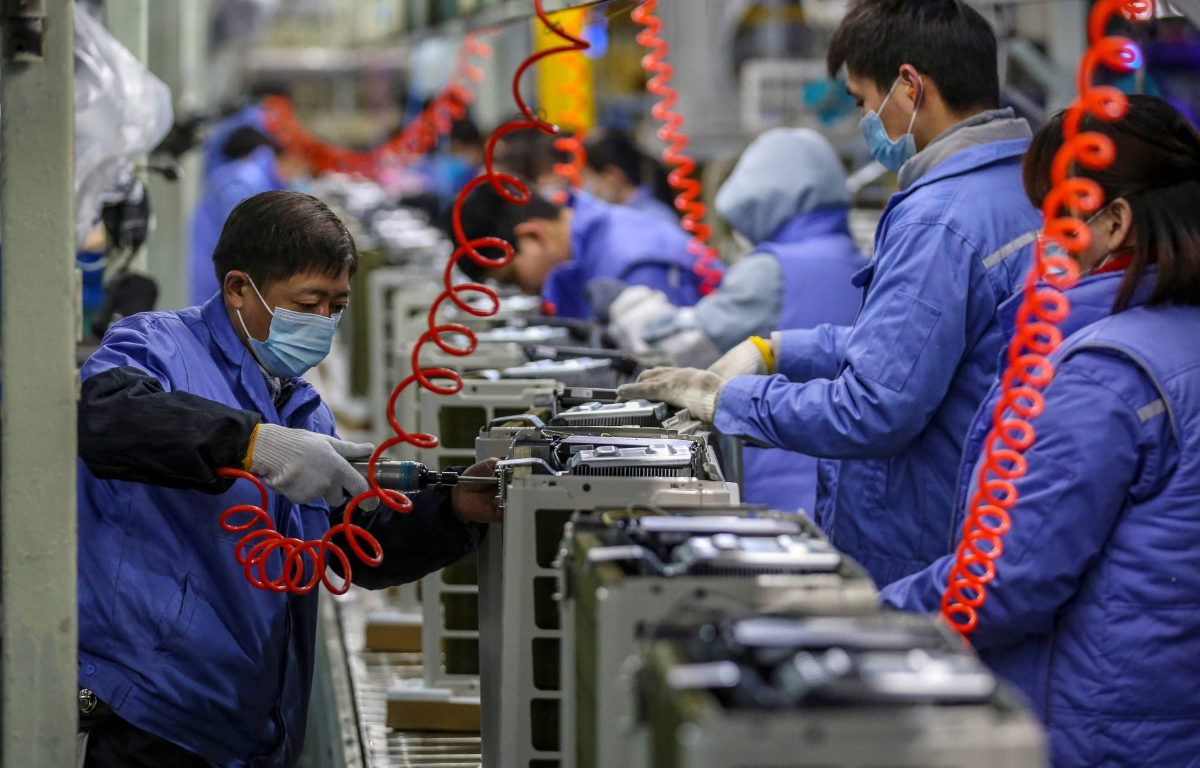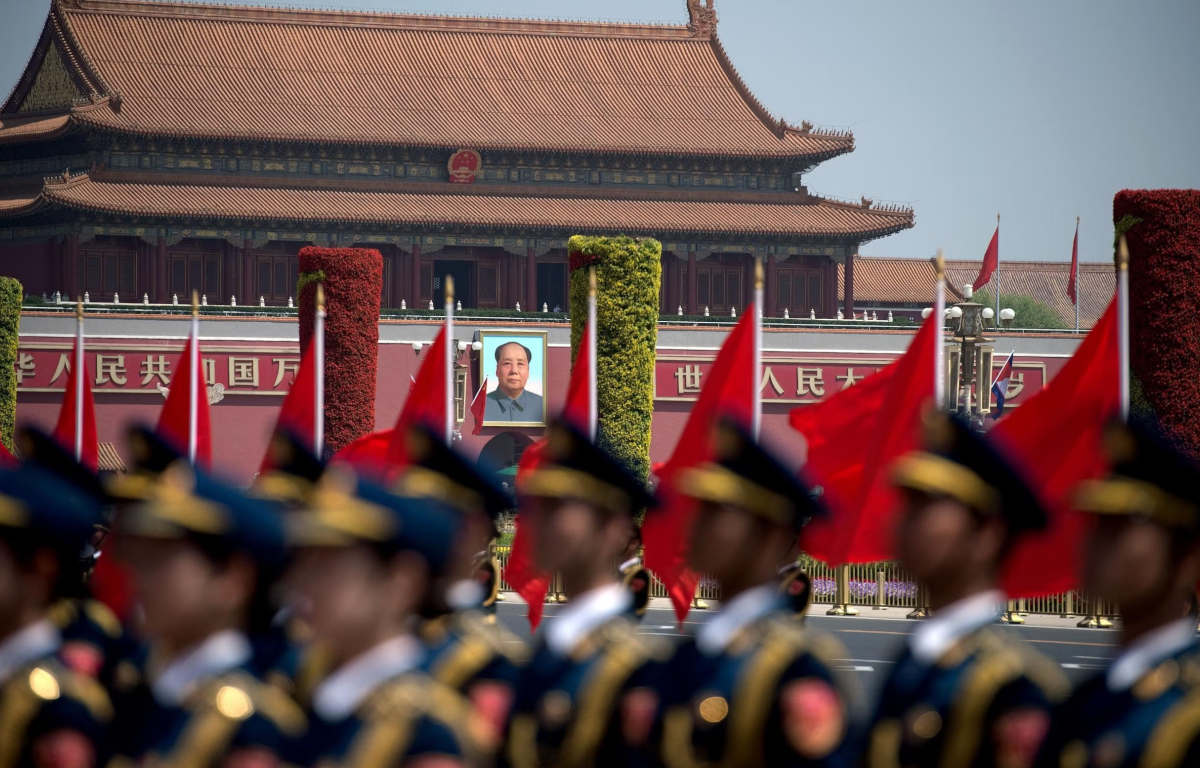
This movement, driven by a sense of disillusionment and societal pressure, reflects the challenges and aspirations of a segment of Chinese youth who are choosing to opt out of the traditional path of relentless work and ambition. Let’s delve into the reasons behind this phenomenon and its broader implications.
The term “lying flat” (tangping) originated from an online manifesto that circulated widely on Chinese social media platforms. The manifesto, written by a disillusioned young individual, expresses a desire to reject the intense pressure to excel in academics and careers. It advocates for a minimalist lifestyle focused on personal contentment rather than societal expectations of success.
The angst driving the “lying flat” movement is rooted in several factors. Firstly, China’s rapid economic growth has led to intense competition and high living costs, particularly in major cities. This has created a sense of insecurity and pressure among young people, who feel compelled to constantly strive for success to secure their future.
Secondly, societal expectations and traditional values place a heavy emphasis on academic achievement and career advancement. Many young Chinese individuals face immense pressure from family, peers, and society at large to pursue prestigious careers and achieve financial stability.
Thirdly, the rise of digital technologies and social media has heightened feelings of inadequacy and comparison. The curated online personas of success and wealth often contrast starkly with the reality of daily life, leading to feelings of disillusionment and dissatisfaction.
The “lying flat” phenomenon has sparked debates about the changing aspirations and values of China’s younger generation. It challenges the narrative of relentless economic growth and material success as the ultimate goals in life. Instead, it advocates for a more balanced approach that prioritizes personal well-being, mental health, and quality of life.
From a societal perspective, the “lying flat” movement raises questions about the sustainability of China’s high-pressure, work-centric culture. It calls attention to the need for broader discussions on alternative models of success and happiness that go beyond conventional notions of career achievements and material wealth.
Chinese authorities have responded cautiously to the “lying flat” movement. While acknowledging the challenges faced by young people, especially in terms of employment and housing affordability, the government has expressed concerns about the potential impact of widespread disillusionment and disengagement from societal norms.
Efforts have been made to promote entrepreneurship, innovation, and creativity among youth as alternative paths to success. However, balancing economic growth objectives with the well-being and aspirations of young people remains a complex and evolving challenge.
The “lying flat” movement in China reflects a generation grappling with societal pressures, economic realities, and shifting values. It underscores the complexities of modern life and the quest for meaning and fulfillment beyond material pursuits. As this phenomenon continues to evolve, it prompts broader conversations about happiness, success, and the pursuit of a more balanced and fulfilling existence in an increasingly competitive and interconnected world.










Share this: